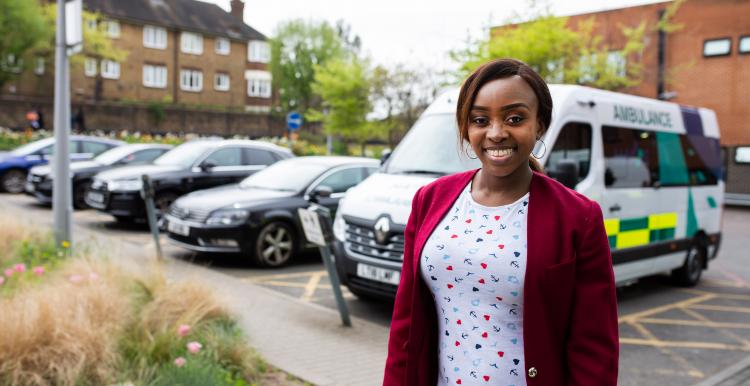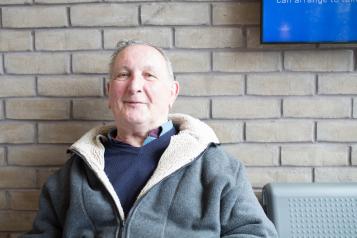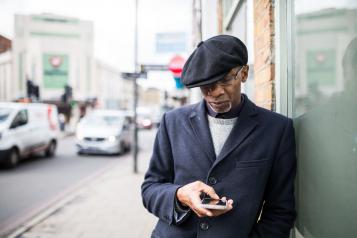What have local people been telling us about the coronavirus outbreak? (April-May 2020 update)

Summary
- We have had many fewer calls during April and May, compared to normal (where we would get around one call a day).
- However, the proportion of our total calls which are related to coronavirus has increased from 24% to 53%.
- 10 coronavirus-related conversations (out of 19 conversations in total).
- We have had more follow-up conversations than usual, where we spoke to the same person multiple times.
In our previous March update, the most common issues we heard about were:
-
Access – delayed treatment or canceled appointment/operation
-
Care coordination - discharge
-
Access – face-to-face service/support unavailable
We can compare this to the feedback we received in April and May, and ask what has stayed the same, and what has changed? As we spoke to fewer people, we can also provide some more insight into the context around these coronavirus-related issues.
Access – delayed treatment or canceled appointment/operation
-
This is an issue that has remained.
-
An older person’s surgery was cancelled due to coronavirus.
-
They told us they are in a lot of pain, and worried about injuring themselves further as they move around the house.
-
They found it helpful to speak to the KCH Pain Clinic consultant, who adjusted their medication.
Access – face-to-face service/support unavailable
-
In contrast to our March summary, we received positive comments about remote access to services.
-
An older person used Dr. IQ [an NHS online consultation platform] to speak to a GP, who called back the same day and prescribed them medication.
-
Someone else appreciated having GP phone appointments, as taxis are too expensive and the GP surgery was a long bus journey away.
-
They also liked being able to send a picture of the problem to the doctor.
We didn’t hear anything about care coordination around hospital discharge. However, we did hear about some new issues:
Lack of support for people with coronavirus symptoms
-
One person thought they had coronavirus (not confirmed by a test) and had been struggling with symptoms such as extreme fatigue and dizziness for a while.
-
They had been to A&E more than once but were below the threshold of illness for hospital care.
-
They tried to access support from their GP but were told it was post-viral recovery, which they did not agree with. They felt the GP staff were hostile and disbelieving.
-
We signposted them to a variety of emotional support services, and advised them on how to engage with their GP, but agreed this is a gap.
Access to dental care
-
We signposted someone to be triaged and referred to an Urgent Dental Care to receive emergency treatment, as they were in a lot of pain.
-
They said the dentist wasn’t answering the phone (despite saying on their website that the phone line was open) and didn’t know what to do next.
-
Someone else was also trying to access dental care, as their appointment kept being pushed back by the dentist. They found this frustrating, and were in pain.
Communication around shielding
-
An older person thought they should have received a letter from the NHS saying they were highly vulnerable and should shield, as they had multiple long-term conditions that compromised their immune system.
-
They rang the GP but were told it was the responsibility of NHS England and 'nothing to do with them.'
Conclusions and next steps
A health crisis might seem like a strange time to collect and publish feedback, but we believe it continues to benefit both service users and services by promoting a positive culture of learning from people's experiences.
In our March update, we posed a few key questions which we can start to update on:
- Waiting times may be longer than expected. How might this impact people?
- We are planning a project on the impact of waiting times, and are working with our partners in local hospitals. If you have experience of waiting for treatment, or want to be involved, please contact us.
- More people might be managing their condition themselves for longer if their treatment is delayed. What information and support are they being given?
- From what we've heard, it seems there is a gap in the information and support some people are being given to look after themselves at home, and feel confident in managing their symptoms. What kind of information and support would help you manage your health condition from home? Let us know.
- Do people feel these remote services are less accessible or effective than face-to-face?
- The people we spoke to recently found remote services accessible and effective if they can get online, have a fairly 'straightforward' solution to their problem (e.g. prescribing medication), and can share pictures with the doctor or nurse.

